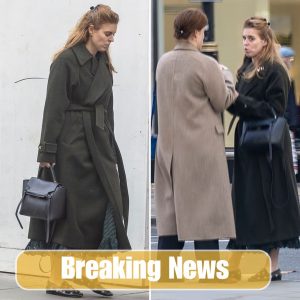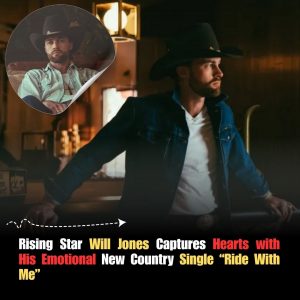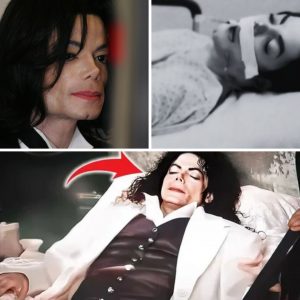Every heterosexual woman out there will remember the first moment she laid eyes on her ultimate male celebrity crush. For some, it was Elvis Presley; for others, decades later, it was Harry Styles. For Dolly Parton, it was Johnny Cash.

Given that they both were, and still are, two of the biggest names in the history of country music, it’s easy to forget the timeline and consider them a pair of sonic contemporaries. The reality was a 14-year age difference between them, meaning that by the time Cash was a bona fide star of the genre, Parton was only just starting to make her first forays into that same world. But as it turns out, his extension of a helping hand signified far more to her than just a professional leveller.
One fateful summer evening in July 1959, Cash probably just thought he was doing his dutiful turn when he introduced a 13-year-old girl onto the stage of the Grand Ole Opry. But no matter how meek and mild she may have seemed at first, that child sent the room into a storm from the second she opened her mouth, and the audience demanded no less than three encores. From that moment forward, both a star and a queen were born at once – this being Parton, if you weren’t already following along.

There were so many things that could have dazzled her that night – the lights, the crowd, the sheer power of being able to simply stand on a stage and command an entire room solely with her voice. And sure, all of those things most definitely played a role, but the most alluring aspect of everything? The Man in Black himself, who awakened her spirits for the country genre and her own romantic dreams all at once.
Recalling the exact pinpoint in which the course of her life, on all fronts, changed, Parton later wrote in her memoir: “I was thirteen years old. Johnny Cash introduced me, and I thought he was the sexiest thing that ever was. That’s when I first felt hormones raging. It was his charisma and me being a growing girl. It was the first time a man had ever made me feel like a woman.”
As such, her performance, singing George Jones’s ‘You Gotta Be My Baby’, was dedicated not only to her passion for the music, but also to her newfound one true love.

Decades later, when the pair had both officially become the regal overseers of the country game, you would have assumed Parton had long since forgotten the moment. But not so, as she took things one step further than her description of a simple crush by blurting out: “First I had seen him on stage and I had all these feelings. Which now I know was just being horny.” Cash’s spluttered response? “I really appreciate that. That was nice of her.” Talk about walking the line.
It just proves that, no matter how seismic an artist is in their own right, they all have their heroes. Whether this was in a purely sonic capacity or, as in Parton’s case, branching into the realm of sexual awakenings, they all play their part in cultivating the star power that we have now come to demand. Whether Cash was entirely comfortable with his unsuspecting role in all of this is another matter, but you certainly can’t douse the lovestruck fire of a teenage girl.





